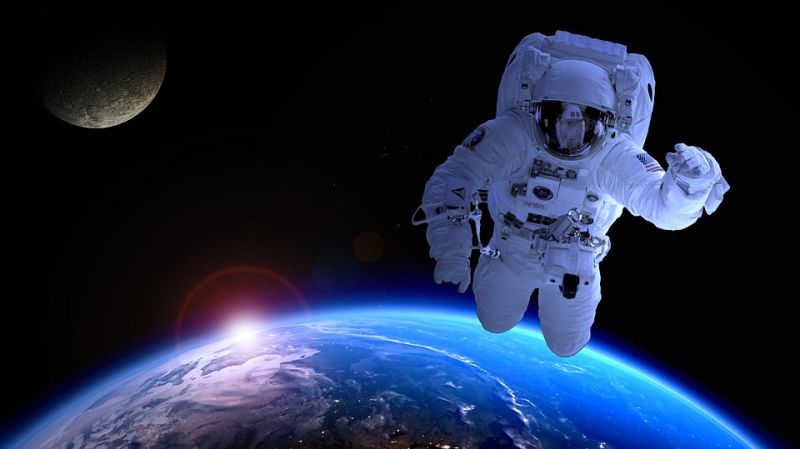New Delhi: With NASA planning and preparing for deep space exploration missions, it is important for scientists to understand thoroughly how deep space will affect the human body.
To aid them in acquiring knowledge about the same, astronauts who spend time in zero gravity aboard the International Space Station (ISS) are subjected to tests upon their arrival on Earth for any changes that they might have gone through.
A study has now found that pace radiation may cause astronauts in outer space to lose additional bone, but not more muscle.
The findings raise intriguing questions about the relationship between bone and muscle, especially for humans on Earth dealing with age-related bone and muscle loss.
NASA astronaut Scott Kelly, who spent a record-setting year in space, gained a few inches in height on his return, scientists had found in their Twin Study.
As NASA prepares for deep space travel, astronauts will also face increased, prolonged exposure to space radiation.
In the first study of its kind, researchers investigated the combined impact of space radiation and microgravity on bone and muscle, hypothesising that radiation would exacerbate bone and muscle loss caused by microgravity.
Researchers examined mice whose movements were restricted – an experience similar to microgravity – and those exposed to simulated space radiation.
What they found was that while microgravity alone led to both bone and muscle loss, radiation alone did not.
“Radiation plus microgravity amplifies the negative effect of microgravity on bone, but does not affect muscle loss,” said Henry J Donahue, Virginia Commonwealth University in the US.
“It’s as if exposure to radiation itself doesn’t affect bone, but it makes it more sensitive to the negative effects of microgravity,” said Donahue.
While in the reduced gravity of space, astronauts lose bone and muscle from their legs, hips and lower backs.
The study, published in the journal PLOS ONE, suggests that astronauts on extended space travel missions would have significant bone and muscle complications.
Researchers want to discover how to maintain bone and muscle health during spaceflight and learn what preventive exercises could help.
The loss of bone and muscle experienced by astronauts in microgravity is similar to what happens as people age, Donahue said.
As lifespans have grown thanks to medical advances, the issue has become more prevalent. Older people fall more, they break their bones more, Donahue said.
“Understanding the relationship in microgravity between bone and muscle has relevance to the effect of ageing on muscle and bone,” he added.
(With PTI inputs)

